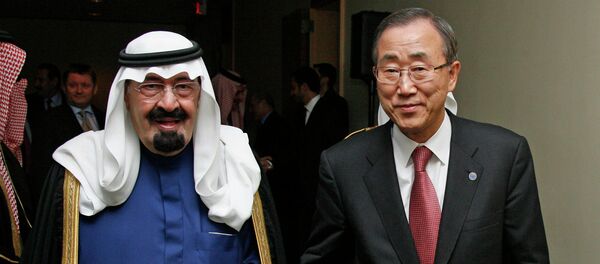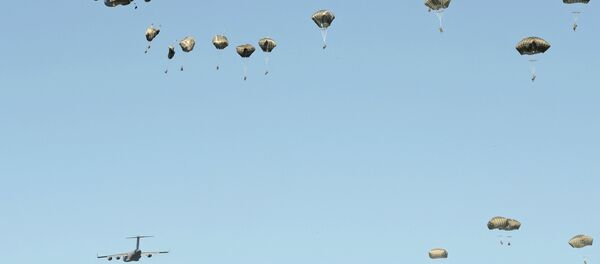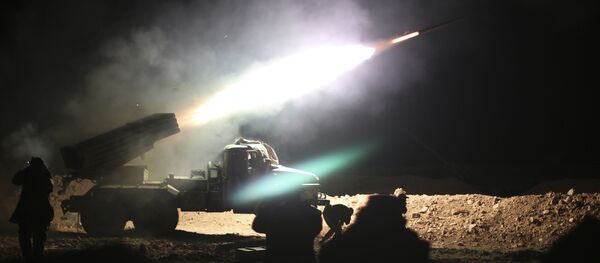American hegemony is under attack unless the White House and Pentagon confront the realities of a changing international battlefield, argued Nathan Freier, a researcher at the US Army War College’s Strategic Studies Institute in an editorial in Defense One on Thursday.
The analyst points to a gray zone he calls the "awkward and uncomfortable space between traditional conceptions of war and peace" as the primary challenge facing US military strategists confronted by global terrorism.
The "gray zone" remains a relatively controversial notion under international laws of war, with countries often arguing that the United States has stretched the bounds of the combat arena beyond recognition, imperiling civilian lives and leading to excessive collateral damage.
American defense lawyers have long argued for an expanded notion of the kill-box which, traditionally, was the area in which military personnel can fire at will, regardless of a display of hostility, because civilians have been previously alerted that active battle is being waged.
The US interpretation focuses instead on the value of a target – such as a terrorist organization leader – with the kill box migrating with the target as he travels, under the argument that terrorists do not adhere to the military norms of a well-defined battlefield. All individuals located within a certain perimeter of the target are defined as enemy combatants under this expanded theory.
Of course, in reality a terrorist compound may actually be where an individual affiliated with a terror group lives, with civilian family members, or a target may travel to an area that consists solely of civilians — perhaps for a party, wedding, or other occasion — leading to mass civilian deaths that are legally justified by US officials as a successful strike that also, regrettably, resulted in collateral death.
Despite consistent international condemnation for violating the laws of war by engaging in strikes resulting in disproportionate collateral damage, Nathan Freier thinks that the United States military is not going far enough in advocating for a "change in how the US charters strategic action against [gray zone threats]," a change that Republican presidential nominee Donald Trump has alluded to in calls to, "get the lawyers off the backs of America’s fighting men and women."
Although the writer’s point is to further degrade the laws of war, this comes not in the form of an overt statement, but rather by placing the word "strategic" in front of generic phrases — a notion that occurs 14 times over the course of the editorial, including three times in the sentence: "However, with presidential approval, it can use its substantial strategy development and strategic planning capacity to design strategic responses to revisionists and rejections gray zone competition."
The disquieting message, encapsulated by a 'strategic' use of words, nonetheless signals a view by the United States that international norms should not apply in its never-ending, worldwide terror war.





